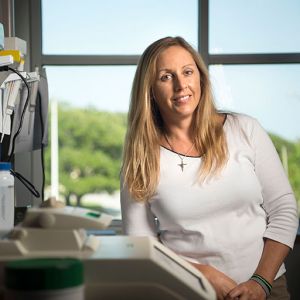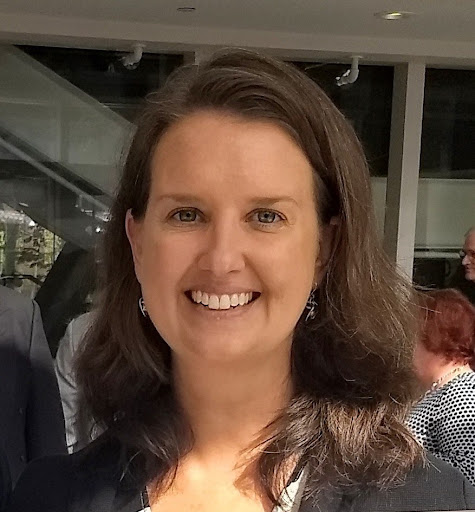- Watch: Full Session Recording (YouTube)
- Explore: Webinar Summary Resources
Like many older towns along the east coast, Beaufort, North Carolina grew at a faster pace than its stormwater and wastewater infrastructure. Stormwater outfalls that discharge into coastal waters have detrimental impacts on human and ecosystem health, and stormwater runoff often results in elevated levels of pathogens and nutrients, which can lead to fishing and swimming closures, illnesses, and negative impacts on coastal ecosystems. To better understand the effects of stormwater, a project team based at the Rachel Carson component of the North Carolina National Estuarine Research Reserve used a comprehensive sampling regimen to gather quantitative information that helped them assess the effects of precipitation and tidal inundation on stormwater impacts, and identify sources of fecal contamination.
In this webinar, members of the project team discuss the technical and collaborative aspects of their approach, including the sampling regimen and how their engagement approach resulted in a decision-maker summit and citizen science app that fosters ongoing community engagement on stormwater issues.
Learn more about the speakers:
 | Dr. Rachel Noble is a land-water interface scientist who specializes in understanding the interactions between wastewater and stormwater infrastructure, coastal regions, and water quality, particularly in low lying coastal areas. Dr. Noble uses advanced molecular tools to understand the movement of microbial contaminants into coastal systems, and the risk associated with contaminants in recreational, drinking, and shellfish harvesting waters. Dr. Noble works with diverse stakeholder groups including municipalities, counties, and State, regional, and federal government to understand the interplay between contamination and remediation strategies. Dr. Noble has also devoted extensive attention to understanding flooding and resilience of coastal communities in the context of extreme events. | |
 | Whitney Jenkins has been the coordinator of the North Carolina Coastal Training Program since 2002. The goal of the program is to promote informed coastal decisions through science-based training for professionals. Training programs focus on sustainable development, water quality protection, and coastal hazards. Whitney is also responsible for developing and facilitating Collaborative Learning processes for groups such as the N.C. Sentinel Site Cooperative. Whitney has a Master of Environmental Management from Duke University and a B.S. from the University of Florida. Whitney is based at the Coastal Reserve’s headquarters in Beaufort, but coordinates training across North Carolina’s 20 coastal counties. | |
Learn more about the project: Collaborative Research to Manage Stormwater Impacts on Coastal Reserves